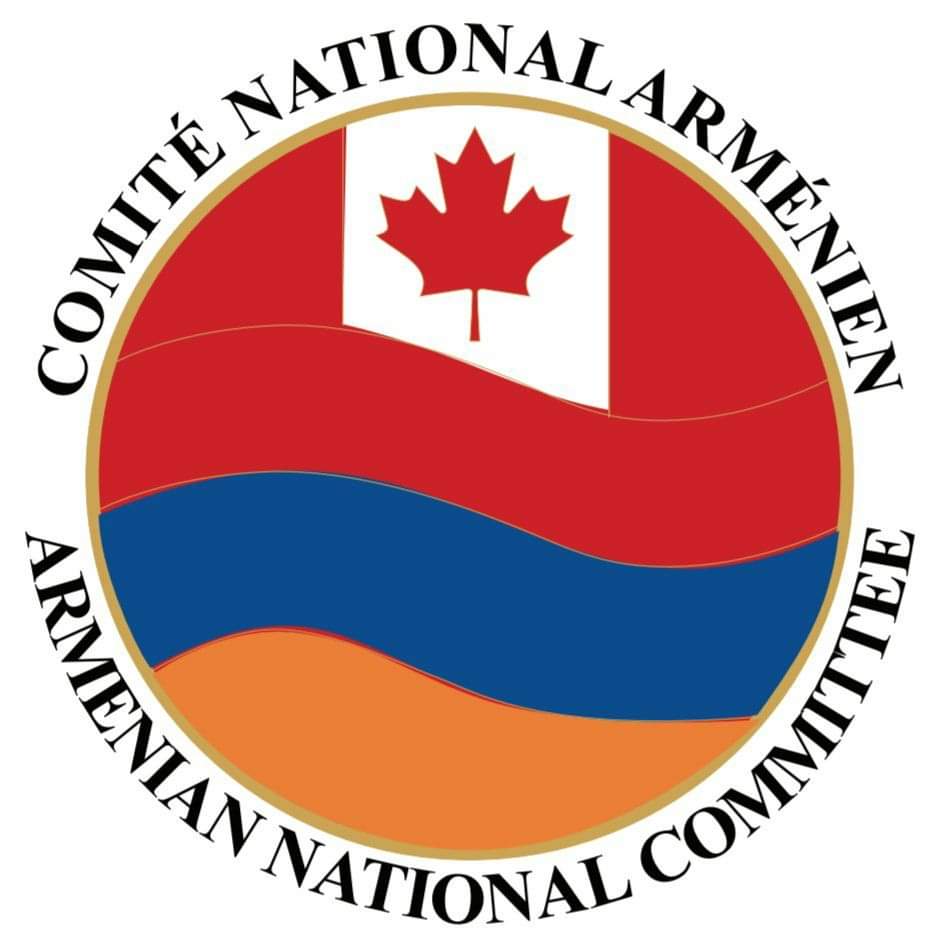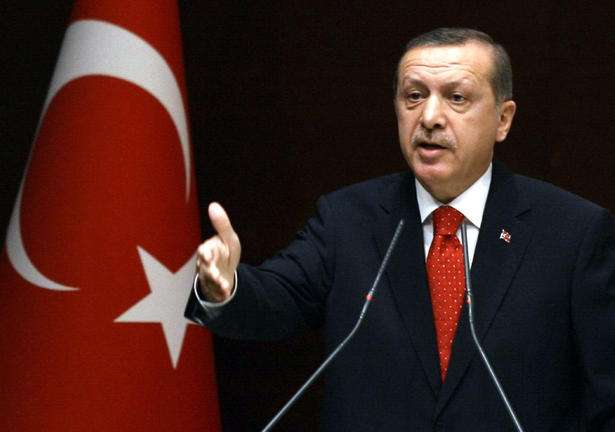source: The Toronto Star To recap the recent news coverage on Turkey: It is jailing more journalists than China and Iran. It has gone back to persecuting its Kurdish minority. Its prime minister is acting like an Ottoman sultan. Is this so? The European Union has expressed “serious concern” about setbacks to freedom of speech. So have PEN International, the writers’ group, and others. Turkish publishers, writers and journalists report self-censorship amid a climate of intimidation and fear. How many journalists are in detention or facing charges is a matter of dispute — perhaps 70 and 60 respectively. But this much is certain: • A majority have been charged under the Anti-Terror Law. It is too broad and applied inconsistently. • A majority are Kurds or champions of minority Kurdish rights. • Too many are ensnared in a debilitating judicial process that often ends years later in acquittals or minor fines — suggesting that the prosecutions are another tool of harassment. • Prime Minister Tayyip Erdogan publicly berates critical journalists and leans on their bosses. Intimidation happens in mature democracies as well, including Canada. But his warnings become menacing in light of the detentions and trials. His government argues that some of those charged or detained have been targeted not for their writings but for their role in two separate coup plots to overthrow the Justice and Development Party government, or for aiding and abetting militant Kurdish separatists. Hundreds of current and former army, intelligence and security personnel are on trial for coup plotting. They allegedly planned to assassinate Nobel laureate Orhan Pamuk and blow up Eastern Orthodox, Armenian and Jewish institutions, in order to blame the “Islamist” government and topple it. This has historical resonance. The army has carried out four coups since 1960. It was part of the “Deep State” with parts of the judiciary, the civil service, academia and the media. The shadow government acted to protect the authoritarian secular rule bequeathed by Kemal Ataturk, founder of modern Turkey. They carried out sabotage and assassinations, especially against the Kurds. The Erdogan government, elected in a landslide in 2002 and in two more elections since, has asserted civilian control over the army, elements of which remain bitter. Ironically, as it tries to root out Deep State, the government has launched its own crackdown on the Kurds. Erdogan was initially lauded for granting linguistic and other concessions to the Kurds, and opening a political dialogue. But when the Kurdistan Workers’ Party, a terrorist entity, refused to lay down arms, he launched a military drive. He also outlawed formerly legal Kurdish political parties, labelling them terrorist entities. “The Kurds are equally disliked by the Kemalists and this government,” says Michael Thumann, correspondent of the German magazine Die Zeit, based in Istanbul. The mass arrests have gone well beyond snaring terrorists and coup plotters to sweep up those who clearly don’t belong in either group and are being penalized merely for peaceful dissent. There’s another player in the saga. As part of the conditions for joining the European Union, Erdogan is reforming the judiciary. It has long been a closed shop that controlled appointments of judges and prosecutors. He has broadened the candidate pool but the old guard remains in force. “We still have the authoritarian culture of protecting state interests over individual rights,” says a senior judge in Ankara, the capital. Some judges and prosecutors may also be acting as political opposition to a government they don’t like. Some new appointees may be following the current government’s orders or merely trying to curry favour. In other words, the old Kemalist system is being usurped to serve the new masters. “The judicial system was created by the Kemalists,” notes Thumann. “They created the monster. Now they are blaming the monster they themselves created. “Jailing journalists is not new. It’s a good old Turkish tradition. But we can’t let this government off the hook. Erdogan is using the old Kemalist system for his own ends.” Abdullah Bozkurt, columnist for Zaman English newspaper, adds: “To say that Turkey’s record is worse than that of Iran and China is stupid. This is a democracy. Seventeen years ago when I started as a journalist, you couldn’t write about ‘the Kurdish problem.’ If I did, I’d be in court in a flash. Now there’s public debate and discussion.” It is equally true that “this government does not like criticism” and is going after its critics. In doing so, it’s taking the country back to the bad old days of authoritarian rule. http://star3.topscms.com/opinion/editorialopinion/article/1298296–siddiqui-turkey-cracking-down-on-free-speech



